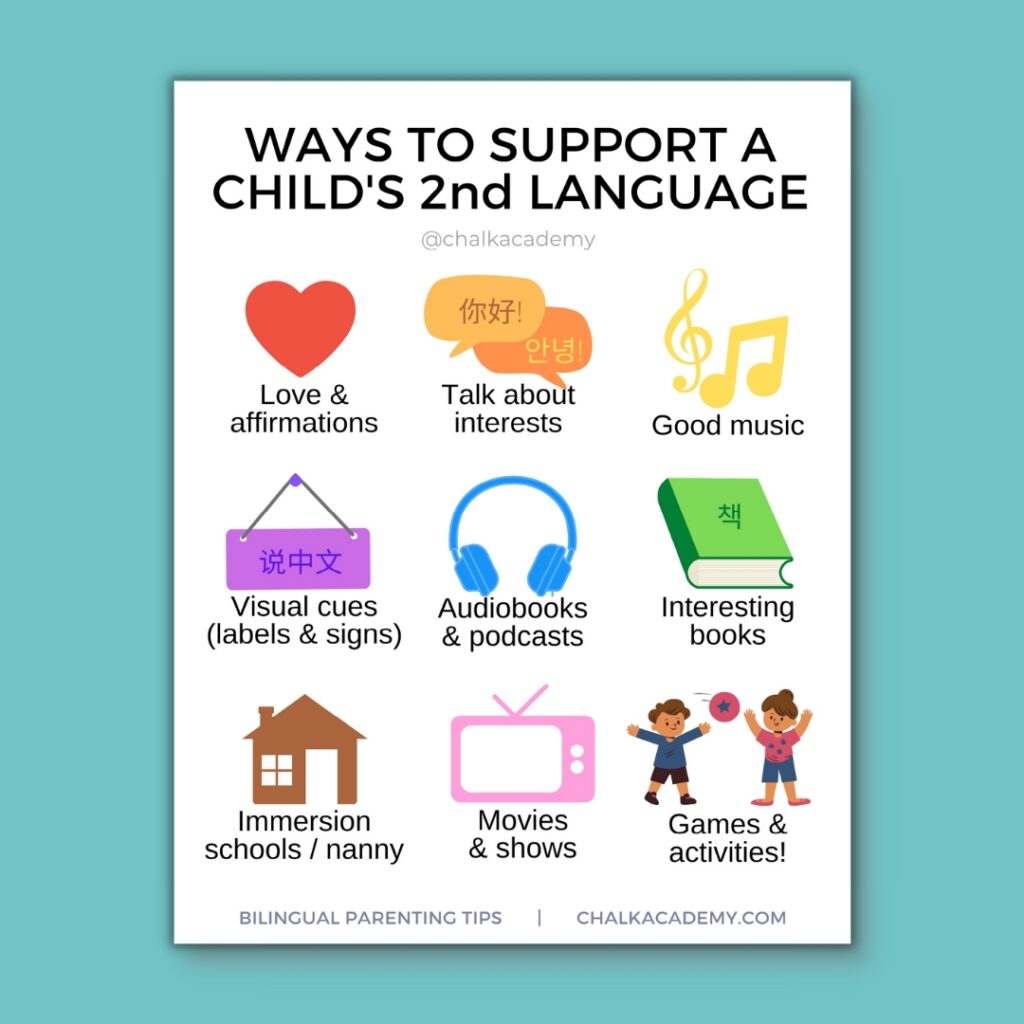Baby Care
Positive parenting How feedback affects a childs emotional and general wellbeing


By Kajal Sharma - 18 May 2024 03:09 PM
The goal of positive parenting is to use feedback to support a child's mental health, resilience, and sense of self-worth. Professionals offer advicePositive parenting focuses on providing feedback to foster a child's self-esteem, build resilience, and promote mental well-being since the words we use to lead our children have a significant impact on their mental health. Children's self-image and self-esteem are shaped by our words and nonverbal cues, and this formative experience also serves as the foundation for the inner dialogue that they carry into adulthood.Mansi Poddar, a trauma-informed psychotherapist, said in an interview with HT Lifestyle: "When feedback emphasizes effort and progress, it supports a child's attempts and celebrates their growth. This enhances self-esteem and confidence. Say something more precise, like, "I loved how you used different colors in your drawing," rather than just "good job."Mansi Poddar declared, "This fosters a love for learning and self-motivation," adding that receiving positive feedback makes learning and accomplishments truly enjoyable. Remind a young person of their efforts by saying something like, "I see you practiced your piano piece, it sounds great!" When parents give their children feedback that acknowledges their feelings, the child learns to recognize and control their emotions. By doing this, emotional intelligence is developed. Pay attention to how their actions impact you: “It makes me happy when you share your toys.”"When we celebrate effort after challenges, it helps to increase a kid's resilience," the speaker continued. Saying something as basic as, "I know that test was hard, but you kept trying!" can have a significant impact. Here, kids discover that errors are opportunities rather than disappointments.
This strengthens resilience and the capacity to overcome obstacles."Mindful relating can be the nourishing soil for the development of children," noted Sandy Dias Andrade, psychotherapist and founder-director of the Just Being Center for Mindfulness and Presence, adding her knowledge to the same. Their self-talk translates as "I'm not ok" or "I'm not perfect" and "I have to be a particular way to be accepted and loved" or "I'm not good enough" when we are harsh, critical, or impatient with them.The speaker came to the following conclusion: "In some ways, it validates who they are at a deeper level of being when we are encouraging, soothing, and truly see their efforts, their traits, that are not just reflected in our words but also in our eyes, through our touch, and in how we relate to them. People feel accepted for who they are. As a result, kids develop an innate ease and confidence in themselves, in their interactions with others, and in the world, exactly as they are. We serve as reflections of their inner selves.
























